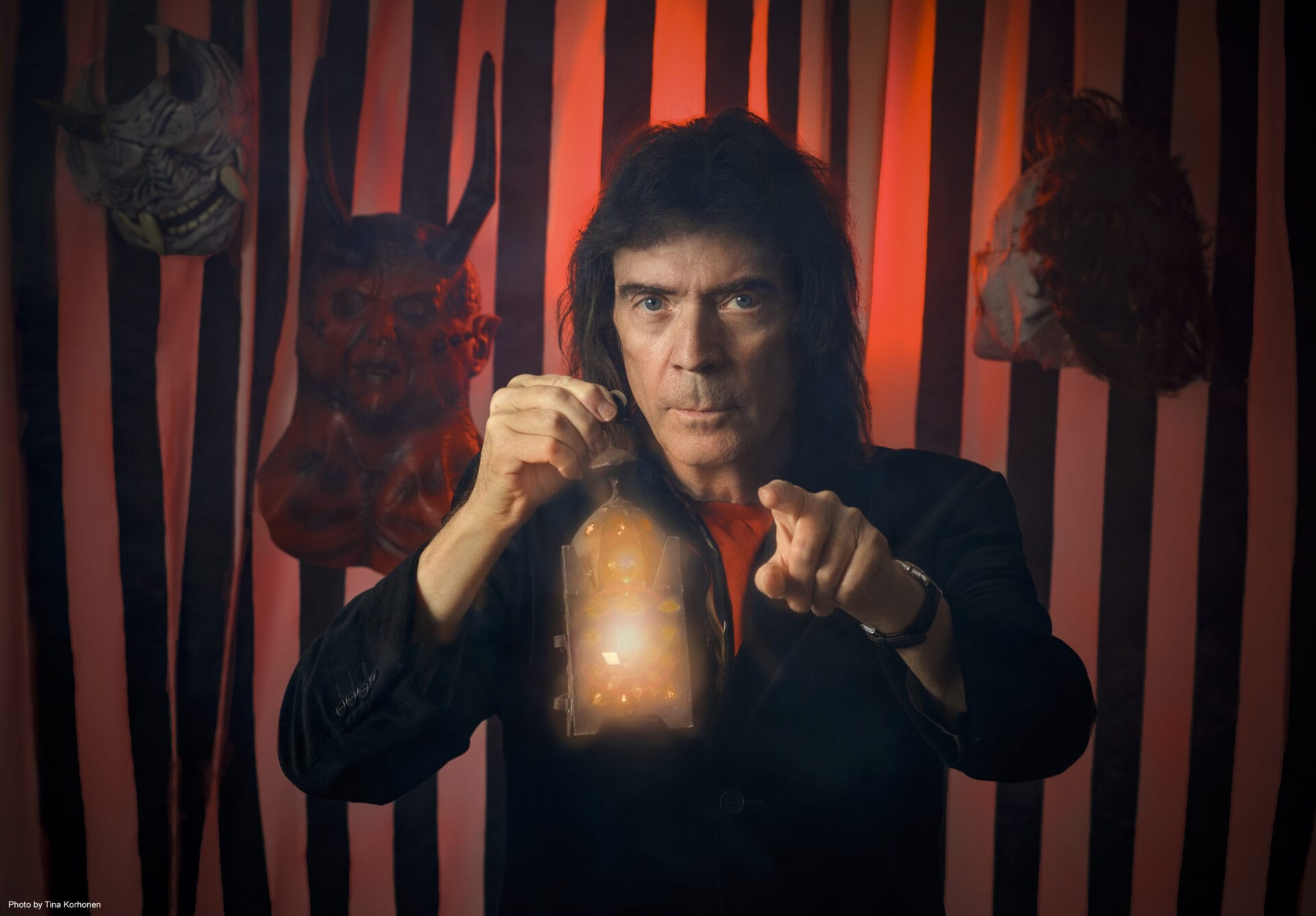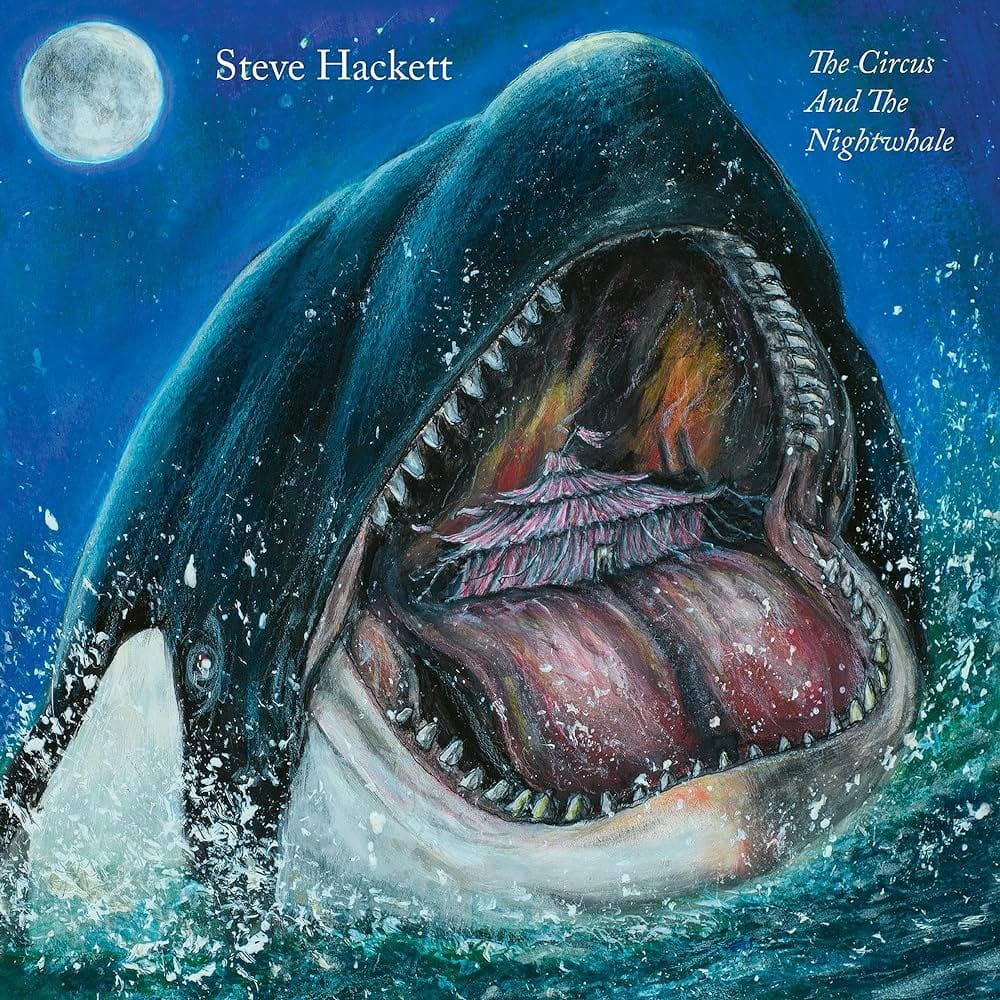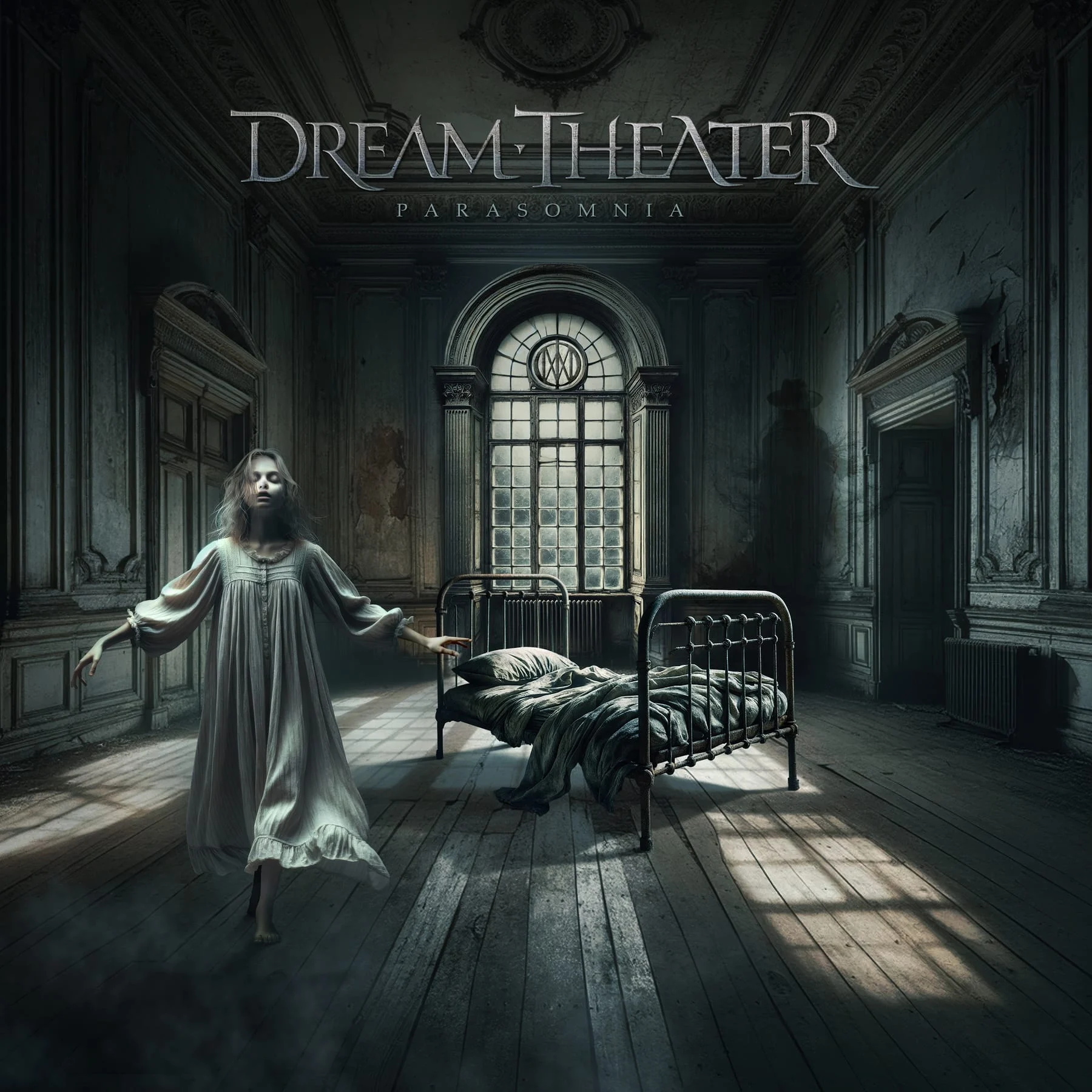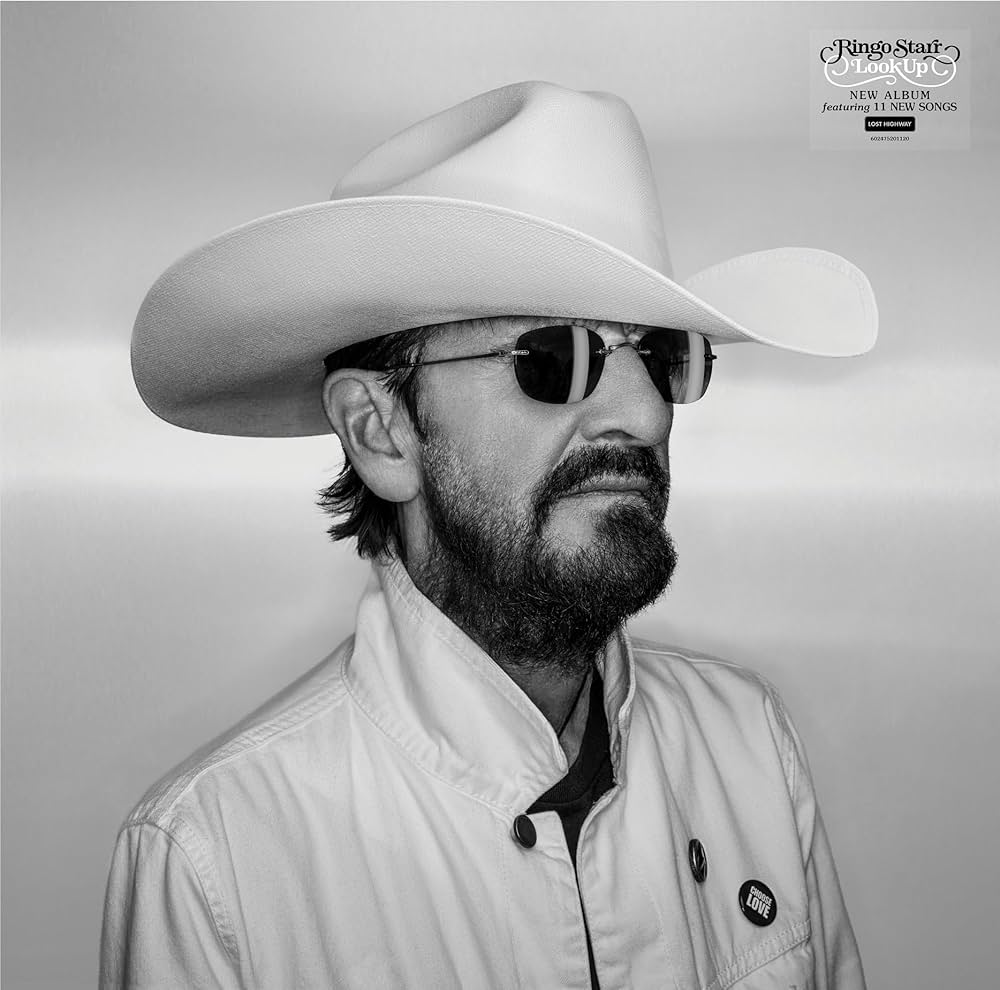Steve Hackett is widely recognized as the lead guitarist of Genesis during their progressive rock heyday. After departing from the group at the end of the 1970s, he went on to craft numerous solo albums. The latest, a conceptual album released in February 2024, is titled The Circus and the Nightwhale.
Hackett’s 70s progressive rock sound is deeply ingrained in his DNA, and it’s evident. It’s a sound he constructs flawlessly, waving proudly like a flag throughout this album.
The songs Hackett and his band perform are complex, diverse, and multi-parted, with a sonic foundation that echoes some of the best English bands of the 70s, such as Jethro Tull, Deep Purple, Yes, and Hackett’s own solo work.
All of this, blended with classical music undertones and surprising jazz moments. There are even appearances of circus and Middle Eastern music. And of course, being Hackett, one can’t miss the nylon-stringed acoustic guitar, with which he occasionally ventures into classical-flamenco territory.
The songs, though dense and multi-parted, are generally shorter compared to typical progressive rock tracks. With the exception of “Ghost Moon and Living Love” (which I imagine is the album’s centerpiece), many clock in around 4 minutes, a length I appreciate as it keeps the music focused. I don’t perceive any “filler material.”
In fact, the album as a whole is quite short, barely 44 minutes. Given the complexity and density of each song, it’s an intense experience that never gets dull. It’s one of those albums that gives me the impression I’ve just started listening and it’s already ending.

Interspersed between many of the songs are brief 1 to 2-minute pieces that serve as transitions. Because of this and the multi-part nature of the songs, it’s sometimes difficult to discern where each song begins and ends.
The listening experience sometimes feels like a controlled chaos, flowing seamlessly as a conceptual narrative, reminiscent of the 70s when conceptual albums were released almost weekly.
The sung parts, mostly performed by multiple vocalists in harmony, sometimes sound a bit generic and deliberately evoke memories of Yes’s vocal harmonies. They’re fine, and Hackett himself contributes vocals, but in my opinion, the album shines brightest in its instrumental sections, where the songs truly come alive as dynamic progressive rock, showcasing Hackett’s unleashed imagination. Thankfully, the album is mostly instrumental.
I’m greatly impressed by the quality and talent of the band accompanying Steve Hackett on this recording. They’re top-notch musicians who interpret the guitarist’s material with tremendous enthusiasm, adding their personal touches.
I believe that, at 74 years old, this incredible guitarist has created one of the best albums of his solo career since leaving Genesis in 1978. Anyone who claims that musicians only produce their best work in their youth clearly hasn’t met former Genesis members.

The music on the album, beyond being essentially energetic progressive rock, has a dark and melancholic inclination typical of Steve Hackett. And as mentioned, it’s a stampede of various elements that never stops from its inception, with strings, organs, pianos, choirs, winds, and at the heart of it all, Hackett’s solos, showcasing the sound of his trusty Les Paul Goldtop.
While Steve Hackett has never been the most virtuosic or cleanest guitarist, he has a brilliant talent for creating dynamic and interesting parts and melodies full of feeling, which he executes with fluidity throughout the album.
The Circus and the Nightwhale is a strong recommendation for any fan of the golden age of English progressive rock, who I’m certain will be thoroughly satisfied upon listening. It’s also recommended for any admirer of conceptual and complex music that blends various styles.






